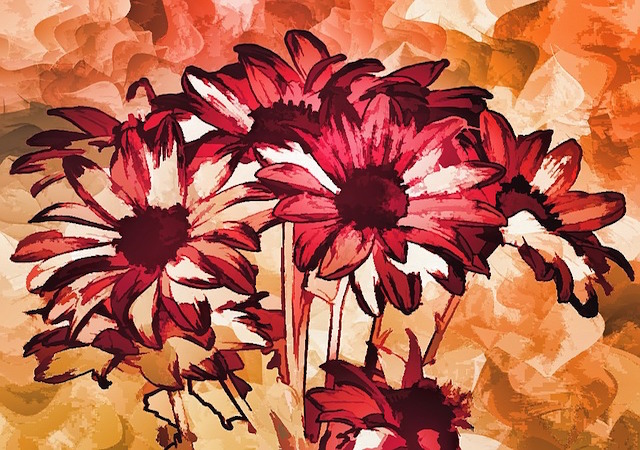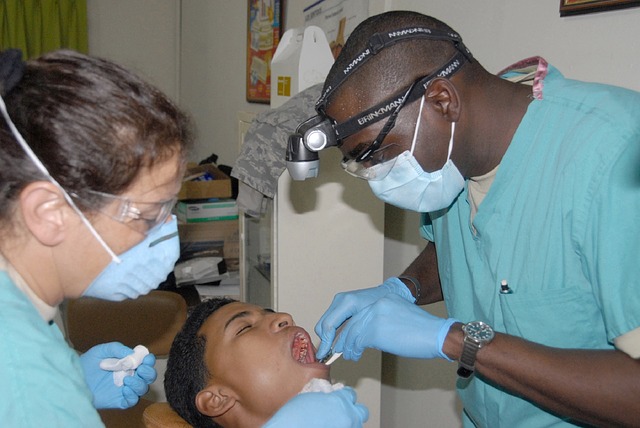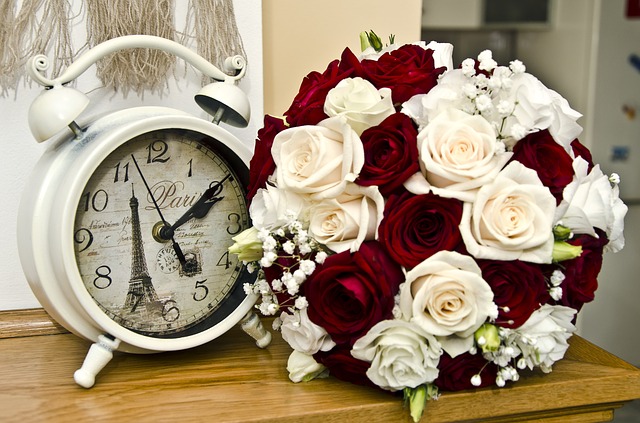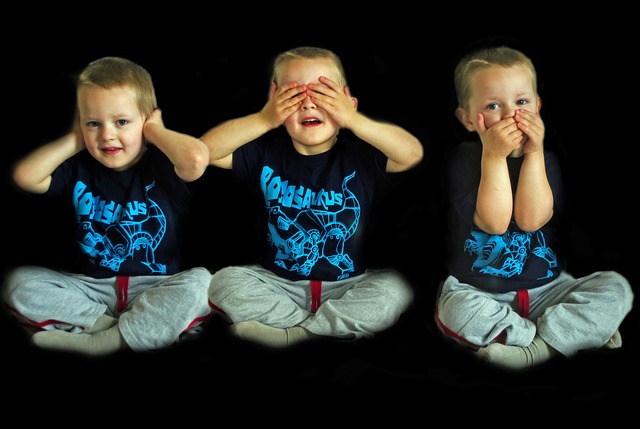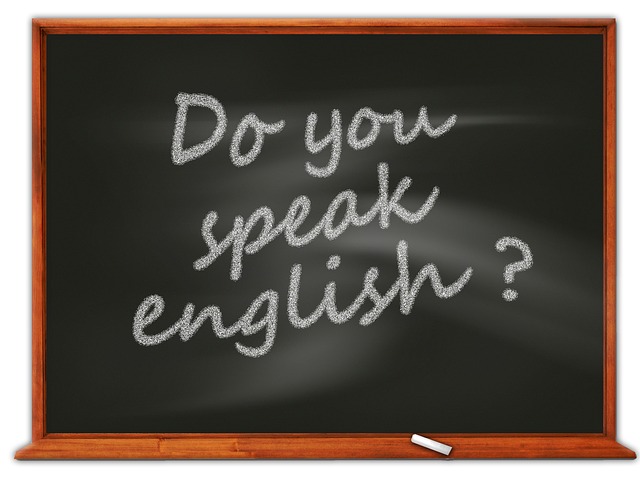Adverbs of frequency and time
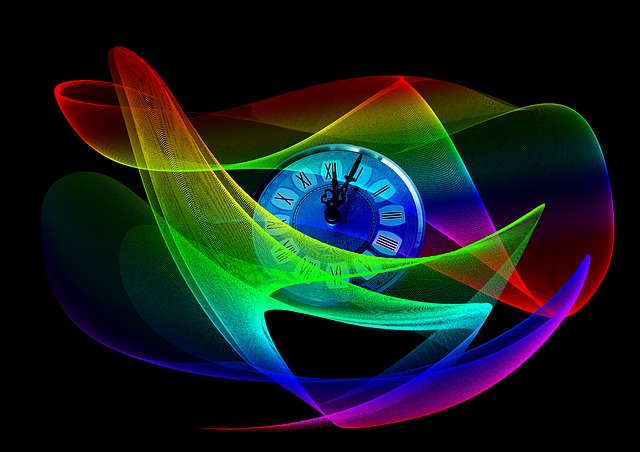
Adverbs of frequency and time list
also already always ever hardly
hardly ever never often rarely soon
sometimes seldom still usually yet
If there’s only one verb, all the above adverbs go before the verb:
We usually play poker on Thursday nights. (See exception 1)
She sometimes feels a little depressed, especially on holidays. (See exception 2)
In Vancouver we often have rainy weather.
I seldom go to bed before eleven o’clock. (See exception 4)
I hardly ever see my old friends since I started university. (See exception 4)
If the verb is BE, all the above adverbs go after it.
We were never late for a meeting. (See exception 4)
He’s usually shy around women.
I ‘m not yet ready to tell you my secret. (See exception 3)
Are the children still awake?
You are often late for class. (See exception 1)
If there is a modal, all the above adverbs go after the modal and before the main verb:
She should always remember to lock the door.
My friends and I can often tell if she’s lying. (See exception 1)
Would you ever lie to your best friend?
She may also be a member of the club. (See exception 1)
They could rarely stay away from a party. (See exception 4)
If there are two-word verb tenses, all the above adverbs go between the two:
He’s soon going to realize his mistake. (See exception 1)
I’ve already seen that movie twice. (see exception 3)
Have you ever met someone famous?
We had never seen a prettier sunset. (See exception 4)
He hasn’t yet called the police. (See exception 3)
I will still take care of you when you’re old.
Exception 1:
Also, often, soon and usually are not only placed like all the others but are also used at the beginning or at the end of the clause:
She also wants me to help her on Saturday.
Also, she wants me to help her on Saturday.
She wants me to help her on Saturday, also.
I often skip breakfast because I don’t have time to eat.
Often I skip breakfast because I don’t have time to eat.
I skip breakfast often because I don’t have time to eat.
He soon became the best player on the team.
Soon he became the best player on the team.
He became the best player on the team soon.
She is usually in bed by this hour.
Usually, she‘s in bed at this hour.
She‘s in bed at this hour usually.
Exception 2:
Sometimes is not only placed like all the others but is also used at the beginning of the clause, end of the clause, or after the verb:
She sometimes feels a little depressed, especially on holidays.
Sometimes she feels a little depressed, especially on holidays.
She feels a little depressed sometimes, especially on holidays.
She feels sometimes a little depressed, especially on holidays.
He sometimes worries about his sister all alone in New York.
Sometimes he worries about his sister all alone in New York.
He worries about his sister all alone in New York, sometimes.
He worries sometimes about his sister all alone in New York.
Exception 3:
Yet and already are not only placed like all the others but are also used at the end of the clause:
I’m not yet ready to tell you my secret.
(OR: I’m not ready yet to tell you my secret.)
I ‘m not ready to tell you my secret yet.
He has already called the police.
He has called the police already.
Exception 4:
In very formal English the negative adverbs – hardly ever, never, rarely, and seldom – can be at the beginning of a sentence. Notice that the subject and verb are inverted.
Hardly ever do I see my old friends since I started university.
Never were we late for a meeting.
Rarely could they stay away from a party.
Seldom do I go to bed before eleven o’clock.
Study this lesson, and when you think you’re ready, do the following exercise.
Your Score:
Your Ranking:
© 2013 Ambien Malecot


